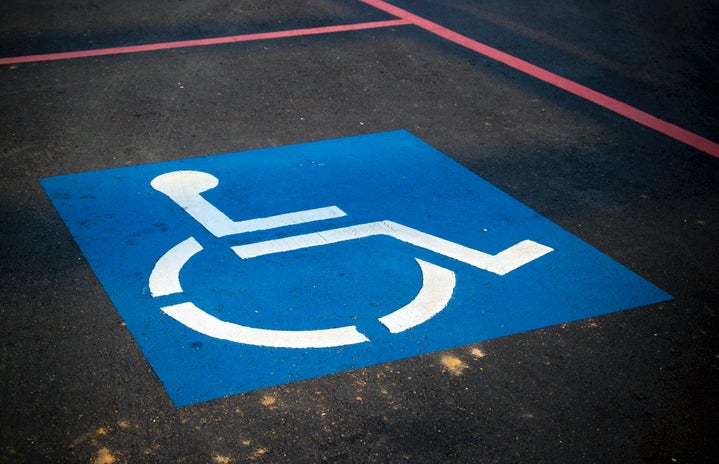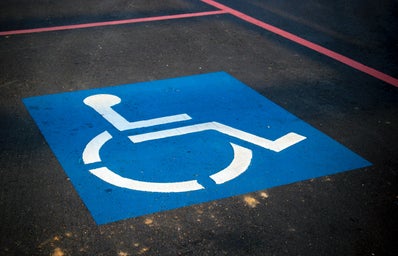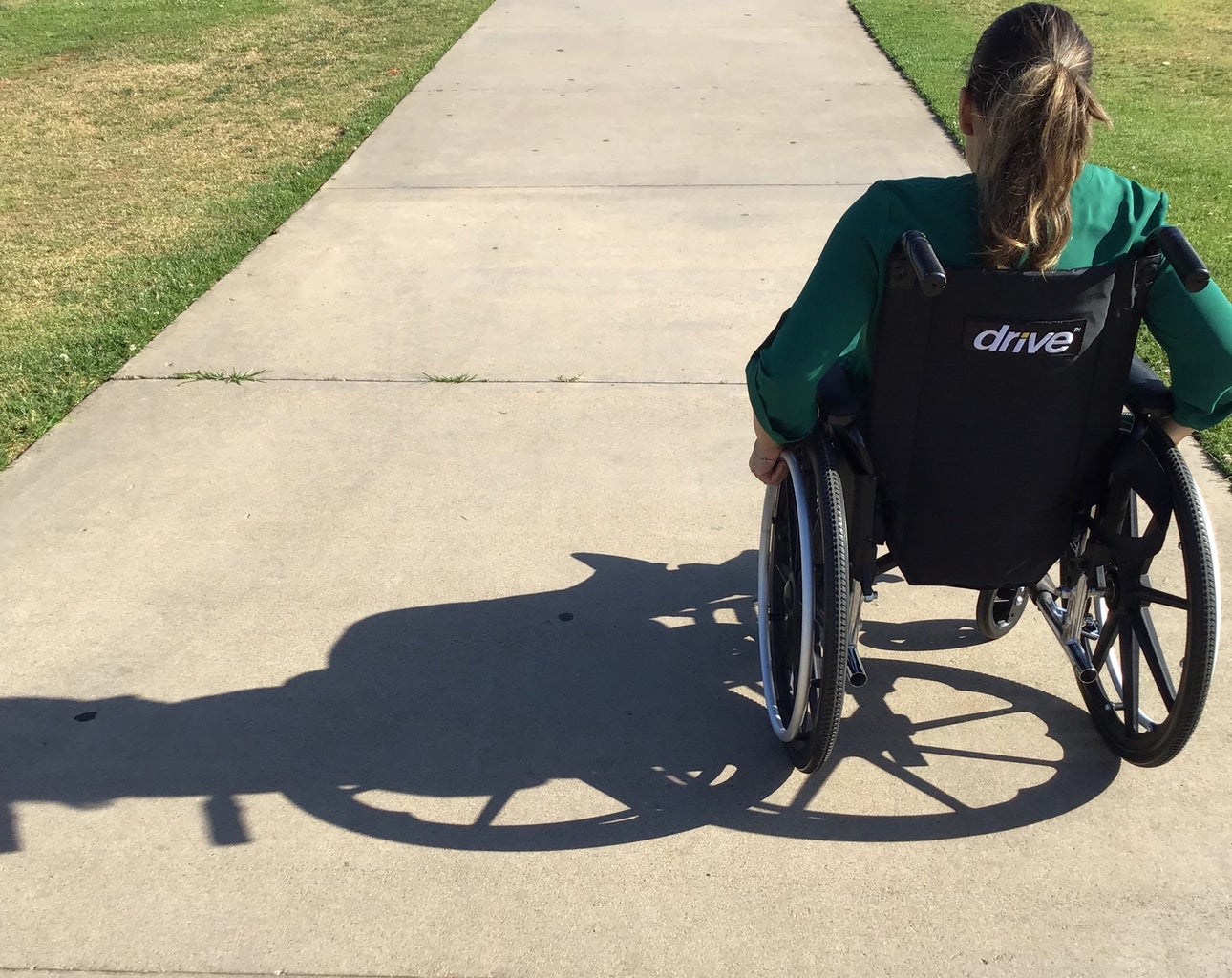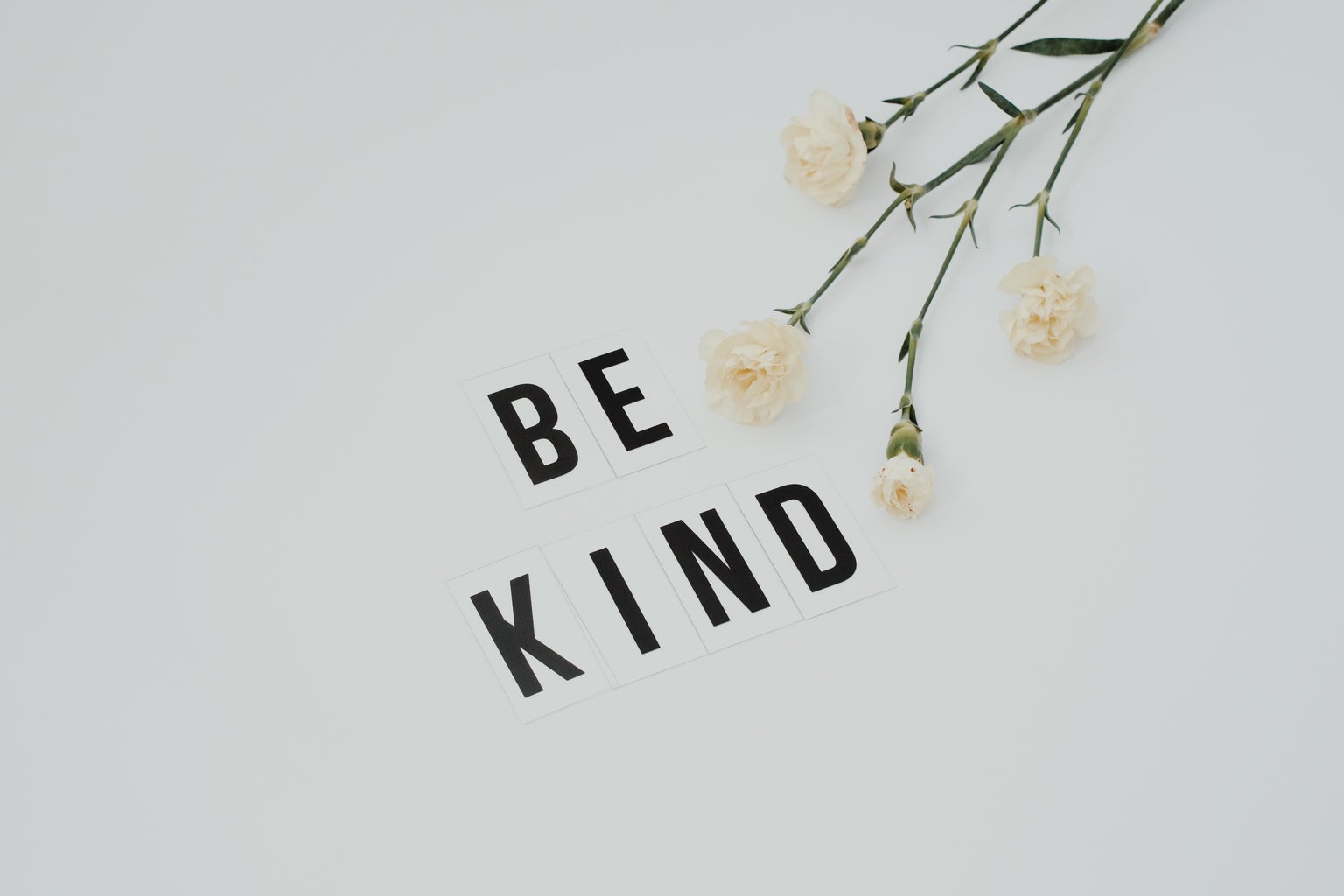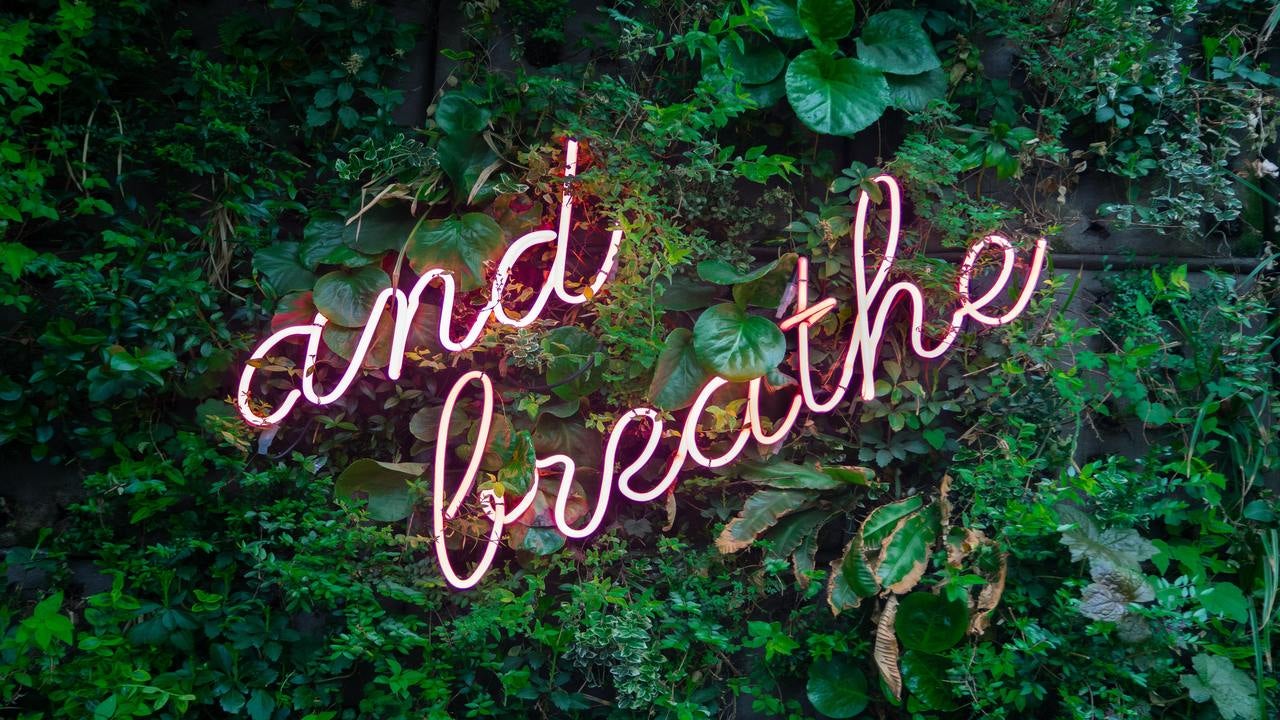Being back to school is already anxiety-inducing. From the stresses of classwork, trying to make new friends, and submitting countless job applications, college is no joke. For those of us living with disabilities, though, the anxiety is tenfold. There’s more pressure on us, whether it’s transportation across campus or the expectations to fit into social norms and etiquette. Though I believe that society definitely needs to work on its ableism, I truly believe that if anyone can make social change, it’s the students at CU Boulder. After all, we have a reputation for being progressive for a reason.
be mindful of your language
This might be one of the more obvious points, but in my personal life, I come across people who say the r-slur (more commonly known as the r-word) all the time. It’s mostly in private settings, but I’ve seen it used during work, parties, classes, and in residence halls. The most common argument for using the r-slur is that it’s a joke. Jokes are supposed to be funny. Making fun of a group that still gets penalized for getting married will never be funny. Next time you hear someone say it, instead of being passive, please speak up. Tell someone that it’s not okay if they decide to use the r-slur. For example, if you’re at a party with your friends and someone describes someone as the r-word, tell them that word is extremely offensive and harmful to the disability community.
Don’t see us as any different than able-bodied people
People who do not live with physical struggles may not relate to people who need wheelchairs. We understand that you might not fully understand what we’re going through, but just because you can’t be sympathetic doesn’t mean you should view us as weird, high-maintenance, or cute. It’s extremely dehumanizing. I truly believe that if society worked on its empathy a tiny bit more, we would be headed towards a much better world for those with disabilities.
know the symptoms
It’s a lot less obvious when people have invisible disabilities, such as Ehlers-Donlos Syndrome or Autism Spectrum Disorder, to see why we act how we act. When someone acts excessively fatigued or completely misses a social cue, you may not understand why they acted this way, but they may deal with guilt or shame. When people try to educate themselves on these situations, it’s super relieving. General knowledge makes a big difference.
Here are some helpful resources on this topic.
Types of learning disabilities
Most common physical disabilities
A few stories from people with disabilities
be less judgemental
Have you ever been frustrated by a slow walker in front of you? Or gossiped about the classmate that can’t concentrate? It’s very normalized in society to do this, but it’s also absolutely not acceptable. Once you understand the symptoms of a lot of these disorders and disabilities, instead of judging us as outcasts, you should simply see us as people who have different needs. You never know someone’s situation.
be flexible
A lot of you who are reading this might be teaching assistants (TAs), club leaders, or have other influential roles on campus. For example, people on the Her Campus leadership team are super helpful. Some of my TAs haven’t been as flexible. I personally knew someone who struggled with extreme anxiety, and instead of showing grace and compassion, the professor replied to him by telling him the major isn’t for him. Please do not be this person. Again, different people have different needs. As a student leader on campus, encourage the people you work with to be mindful of the aforementioned points. Encourage them to be flexible and understanding when working with someone with any sort of disability.
As someone who lives with a cognitive disability, it’s really hard to hear some frat guys on The Hill refer to people as the r-slur. I personally deal with some people who roll their eyes whenever I get too spacey and laugh at my abnormal hobbies. People ask me how I made it to college. They make fun of my inability to dress adequately. While CU Boulder as an institution is very welcoming for people like me, the fact that I encounter people who use me as a butt of a joke is extremely harmful. I’d like it to stop.
I hope this article motivates you to be more mindful of people living with disabilities. If you personally have one, I highly recommend checking out CU Boulder’s Disability Services. They’ll help you get accommodations, specifically for classes, even if your disability is only temporary (such as a mild concussion).
